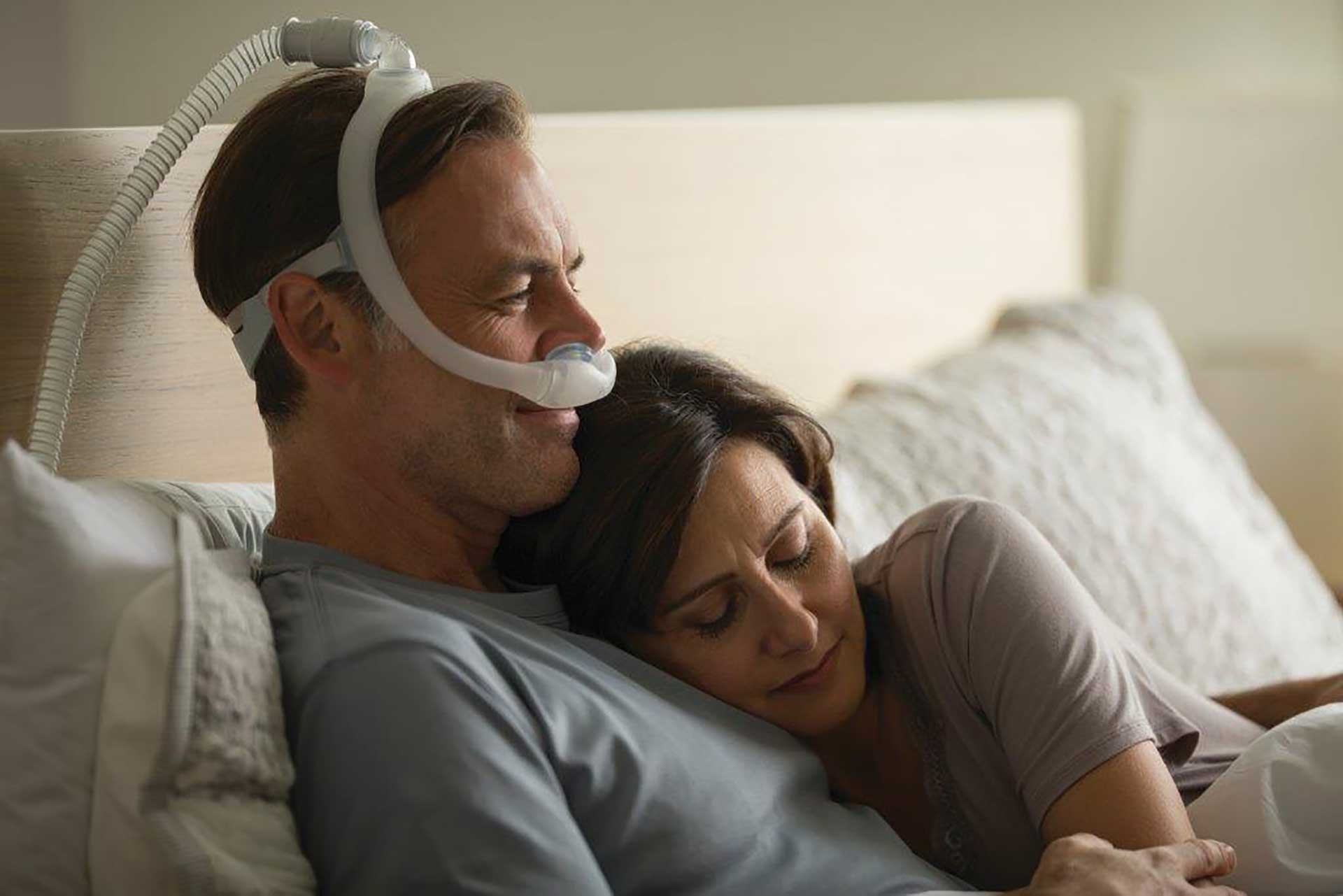Sleep is something everyone should take seriously
Getting the correct amount of sleep each night is vital to your overall health. Numerous studies show that sleep helps your brain function and lowers your risk of many different heart complications like heart disease and diabetes.
If you want to achieve optimal sleep, then you need to form good sleep habits like having a solid bedtime ritual and relaxing before bed. However, for some people, good sleep habits aren’t enough. There are people whose bodies naturally lack specific Vitamins and Minerals. Those who are Vitamin and Mineral deficient must make sure to eat a variety of foods containing these essential compounds or cover their deficiencies with supplements. Vitamins and Minerals are critical to body function and help tremendously with your sleep.
Magnesium
According to healthline.com, Magnesium is a mineral that’s involved in hundreds of processes in the human body and is very important to both brain function and heart health. It helps to quiet the mind and body, which makes it easier to fall asleep.
Studies show a correlation between Magnesium deficiency and troubled sleep as well as insomnia. One may take a Magnesium supplement daily or put some Magnesium powder in a bedtime tea at night. See if it helps you drift off into a blissful sleep. Many foods are naturally high in Magnesium and include salmon, avocados, and black beans.
Vitamin C
Dr. Michael J. Breus, Ph.D., also known as The Sleep Doctor discusses in one of his articles that Vitamin C can help with sleep and can improve the symptoms of Obstructive Sleep Apnea (OSA). It improves endothelial function in people with OSA which helps the cardiovascular system. He talks about a 2013 study by Scientists at the University of Pennsylvania who found that people who got less than 6 hours of sleep at night consumed less Vitamin C than people who consumed more of it. Lower levels of Vitamin C, measured in the blood, were linked to a higher risk for sleep disorders. One can find Vitamin C in many different foods, such as citrus fruits, cauliflower, and kale.
Vitamin D
The National Center for Biotechnology Information published a study in 2017 about the association between Vitamin D deficiency and sleep disturbances, including Obstructive Sleep Apnea (OSA) and short sleep duration. The study found a link between Vitamin D deficiency and sleep deficiency. The correlation was strong in adults over the age of 50.
Another study published by The National Center for Biotechnology Information in 2016 showed that a lack of Vitamin D could also affect the severity of OSA. In the study, those with lower Vitamin D levels had more severe cases of OSA.
The best place to get some Vitamin D is from the sun. Make it a point during your day to spend some time in the sun. A great source of Vitamin D in foods includes fatty fish and egg yolks.
Wrap Up
If you are experiencing sleep issues, a vitamin and mineral deficiency may be the culprit. Make sure to talk with your healthcare provider or a nutritionist to discuss your options. A diet of diverse and unprocessed foods that are rich in these compounds is ideal. Vitamin and Mineral supplementation is also an option, but supplements are less bioavailable than natural foods. Vitamins and Minerals have significant health benefits and could help you get that perfect sleep you need!
Check-in with the QDME Journal for new blogs and interesting topics!

Follow Us to learn even more!



